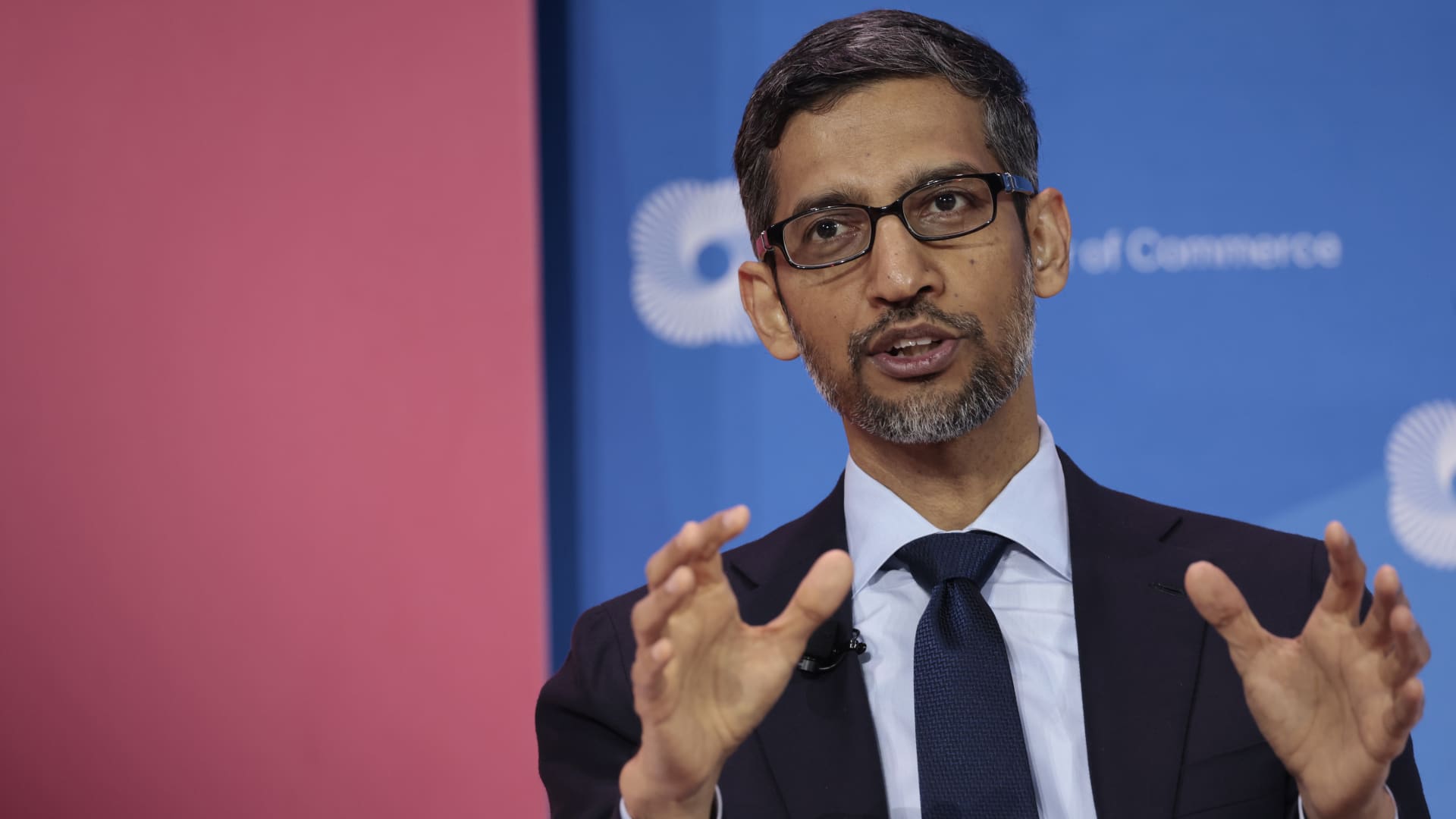Google delays cookie-cutting to 2024


In the latest update on its plans to replace third-party cookies for advertising, Google says it will now hold off until 2024.
“The most consistent feedback we’ve received is the need for more time to evaluate and test the new Privacy Sandbox technologies before deprecating third-party cookies in Chrome,” wrote Anthony Chavez, Google’s “Vice President of Privacy Sandbox” in a blog post Wednesday. “As developers adopt these APIs, we now intend to begin phasing out third-party cookies in Chrome in the second half of 2024.”
Cookies are small pieces of code that websites deliver to a visitor’s browser and stick around as the person visits other sites. The practice has fueled much of the digital advertising ecosystem and its ability to track users across multiple sites to target ads.
Google said last year it would end support for those cookies in its Chrome browser by early 2022 once it figured out how to address the needs of users, publishers and advertisers and come up with tools to ease workarounds. But in June 2021, Google pushed back the timeline, giving the digital advertising industry more time to iron out plans for more privacy-conscious targeted ads.
The new timeline shows the company won’t make the change for another two years.
The second delay comes as ad and e-commerce companies take a hit from privacy changes by Apple’s operating system privacy updates, which reduces targeting capabilities by limiting advertisers from accessing an iPhone user identifier. Earlier this year, Facebook said the changes will end up costing it $10 billion this year.
It also comes as lawmakers in the U.S. and the U.K. scrutinize the company’s dominance in the ad tech ecosystem.
In Wednesday’s blog post, Chavez wrote that the company is also expanding the testing windows for the Privacy Sandbox APIs. The “Sandbox” is an initiative launched in 2019 to find alternatives to the cookie while mitigating the impact on publishers and other players. Last year, after advertisers voiced their concern over the changes, Google said it was “extremely confident” about the third-party alternatives.
Developers can already test these APIs today, but beginning in early August, trials will expand to millions of users globally and become generally available in Chrome by Q3 2023 — roughly a year from now, the company said.
This post has been syndicated from a third-party source. View the original article here.




